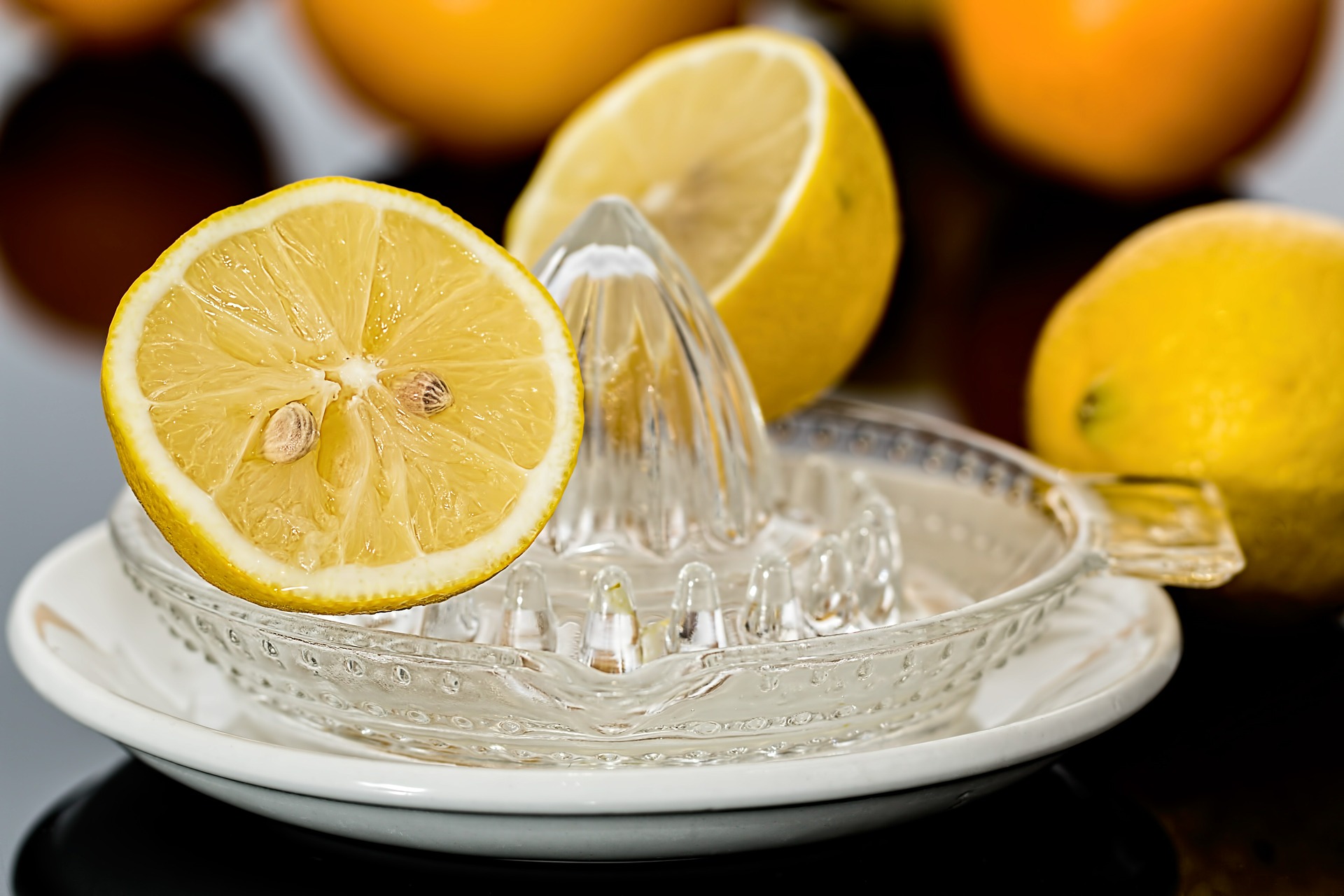These everyday household products have a variety of uses* in the house and in the garden.
RELATED TO HOME HACKS: 6 steps to make your home smell incredible
Ammonia is great for cleaning jewellery. Place a tablespoon of ammonia in a bottle with a cup of shampoo, and shake well. Soak the jewellery for a few minutes, then rinse. Use a soft brush for thorough cleaning. Dry with a soft cloth. Note: Take care when opening a bottle of ammonia as it has a very strong odour.
Apple Cider Vinegar can be used as a rooting stimulant. Dilute 1 teaspoon in 1,5 litres of water. Dip cuttings in this and pot in a well-draining mixture of compost and coarse sand. You can also use this mixture as a spray to deter aphids and larvae.
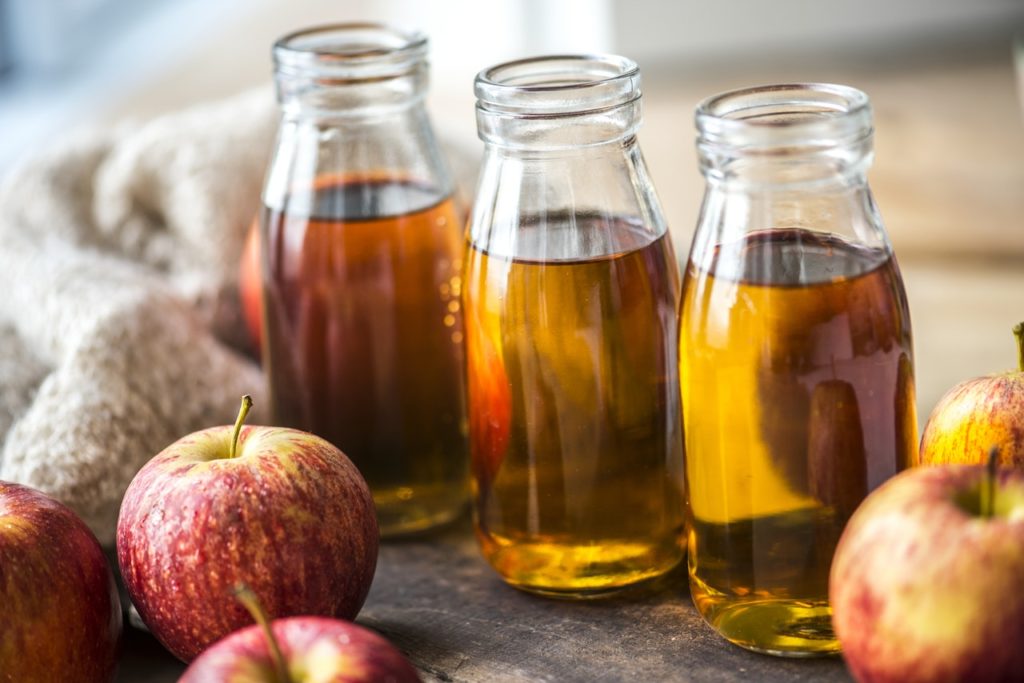
Aspirin crushed and dissolved in water can also be used to encourage rooting, and is known to accelerate germination and promote resistance to disease. Aspirin also increases the yield of potatoes, eggplants, peppers and tomatoes and prolong the life of cut flowers. But with all remedies, overuse can have negative effects.
Bicarbonate of Soda placed in an open container and left in the fridge absorbs unpleasant odours.
Canola oil can be used to deter fruit beetles. At night place a yellow bucket of water to which a few drops of canola oil have been added below a light.
READ MORE: 5 ways to use lavender at home
Cornflour can be used to control indoor ants. Sieve it finely and sprinkle on areas where they enter the house and along their tracks. It blocks their breathing and doesn’t harm to pets. You can also use talcum powder.
Cucumber sliced thinly has is a well-known beauty aid. As it has anti-inflammatory properties and high water content, cucumber is gentle and refreshing on the eyes, reducing bags and puffiness. Place a slice over each eye, put your feet up and lie back for at least for 15 minutes.
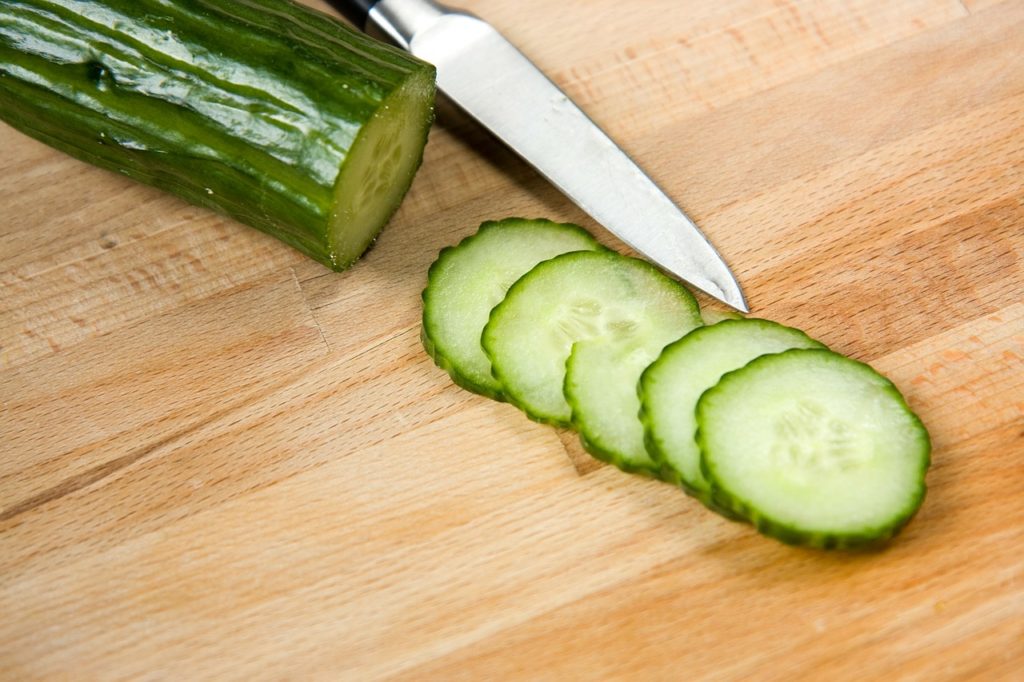
Dishwashing liquid used in a spray is a natural way to deal with aphids and other unwanted insects. Mix 1 teaspoon of dishwashing liquid with 500ml water and spray on affected plants. You can also add a teaspoon of vinegar as well as a teaspoon of canola oil.
Egg shells crushed and sprinkled around seedlings will deter snails. When crushed finely and dug into the soil, they provide calcium, an essential nutrient. Sprinkle some into planting holes.
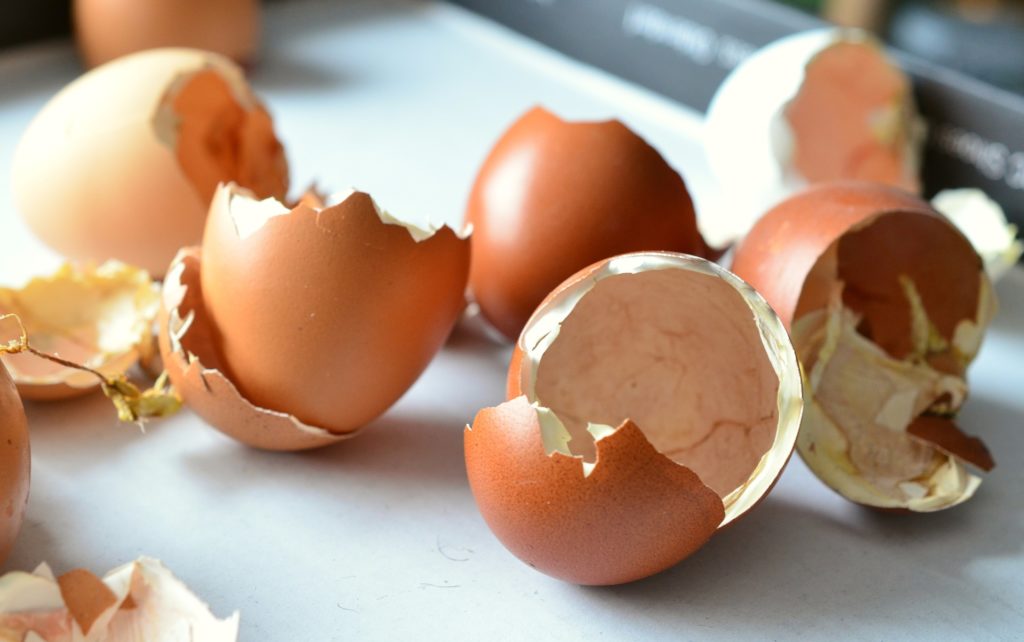
Epsom salts can be used to treat chlorosis (yellowing leaves), often found in acid-loving plants. By increasing chlorophyll production, Epsom salts enhances the green colour of foliage. It’s made from magnesium sulphate which, is good for healthy growth. It also speeds up germination, deters pests and prevents leaf curl. It is particularly beneficial for citrus trees, roses and tomatoes. Dissolve 1 tablespoon in 5 litres of water and water in around the plants’ roots or use as a foliar spray. For trees in containers, use 1-2 tablespoons to 1 litre of water.
Eucalyptus oil is good for cleaning off lipstick stains and removing sticky labels.
Honey has natural anti-bacterial properties and can also be used for rooting slips. Stir about 1T of honey into 500ml boiled water. When cool, dip cuttings of soft-wooded shrubs like daisies, heliotrope, Solanum rantonnetii, dusty miller and lavender in the solution then plant.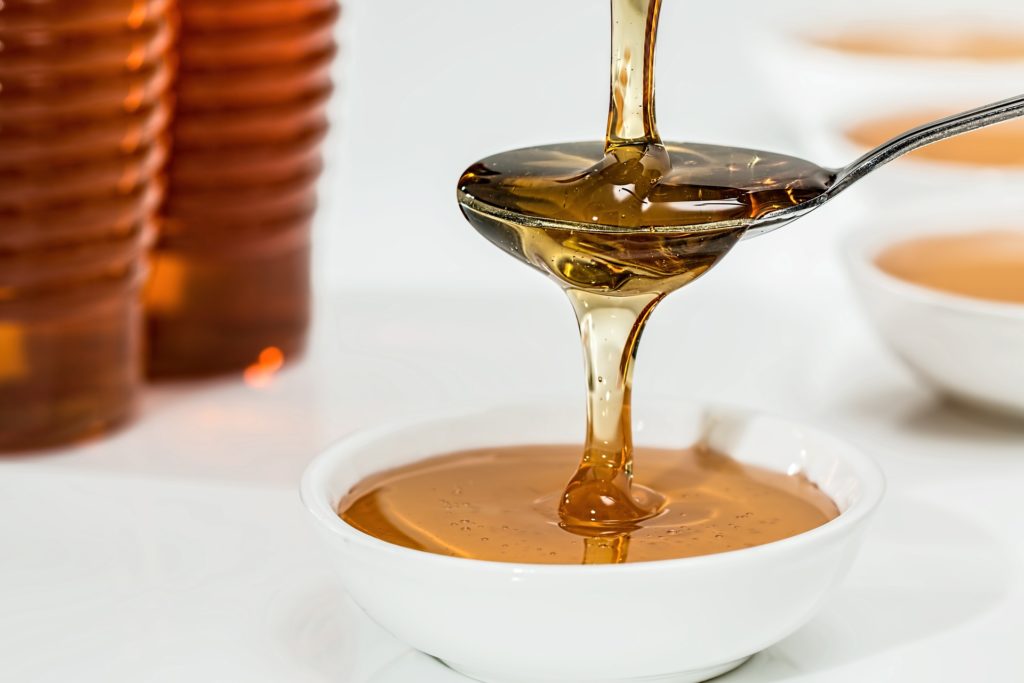
READ MORE: Planting a bee-friendly garden
Lemon juice and zest kills aphids on contact. Make a natural pesticide by grating the rind of a large lemon and boiling it in enough water to fill a garden spray bottle. Leave the mixture to stand overnight. Strain the liquid into a spray bottle and spray directly onto aphids and their larvae.
Methylated spirits is good for removing grass, ballpoint pens, wax and oil stains.
Salt If you spill food on the stove, sprinkle it with salt. When the stove has cooled, brush the food off and remove the residue off with a wet cloth. To kill weeds on driveways and paving, spray them with a mixture of salt and water.
Sugar dissolved in water can be sprayed on the underside of leaves to discourage red spider mite. Swallowing a teaspoon of sugar is said to cure hiccups.
Toothpaste is great for cleaning sneaker soles. Apply to an old toothbrush and scrub scuff marks and dirt. Leave for a few minutes then wipe clean with a damp cloth. You can also use it to clean crayon marks off of walls. Simply rub a small amount over the affected area with a damp cloth and wipe clean. Use non-gel toothpaste for best results.
Vaseline can be used as a trap for whitefly. Spread it on pieces of yellow cardboard and hang them among affected plants such as cabbages, tomatoes, peppers and sweet potatoes.
Cool water (not ice cold) is the first thing to use for minor skin burns. Run it over the burn for a few minutes or until there is some relief. Never use butter or Vaseline.
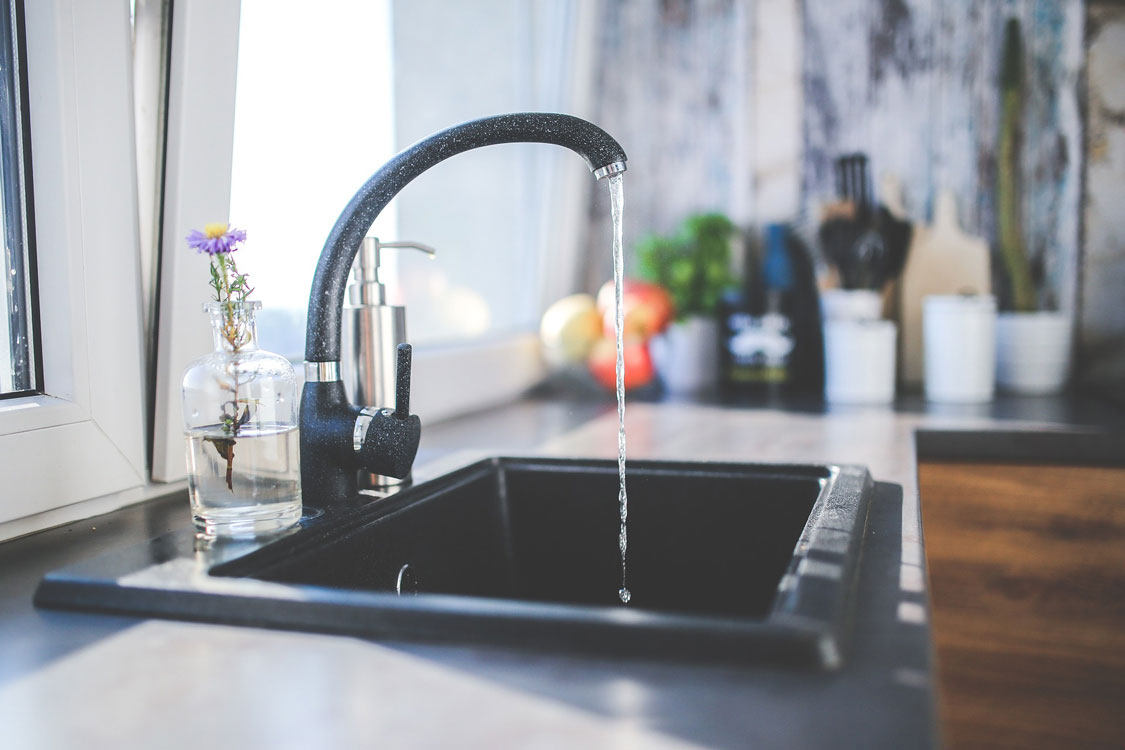
*NOTE: These are home remedies and may not be effective in every case. Use all remedies with a certain amount of caution.
By Khanyi Mlaba

